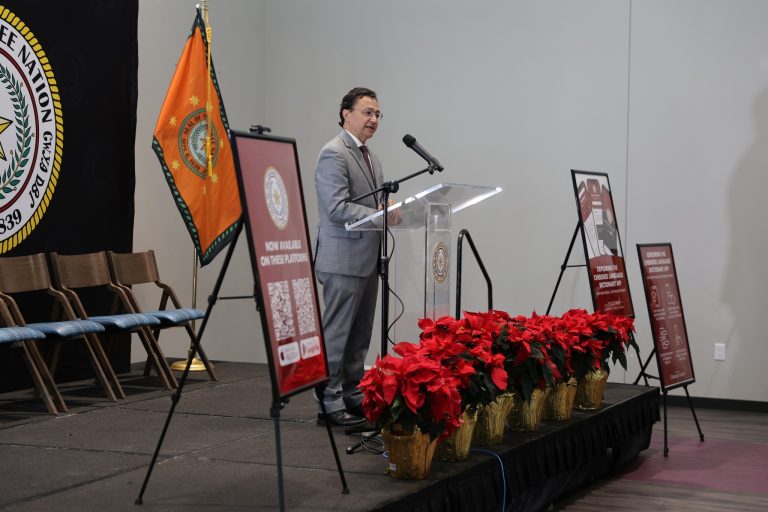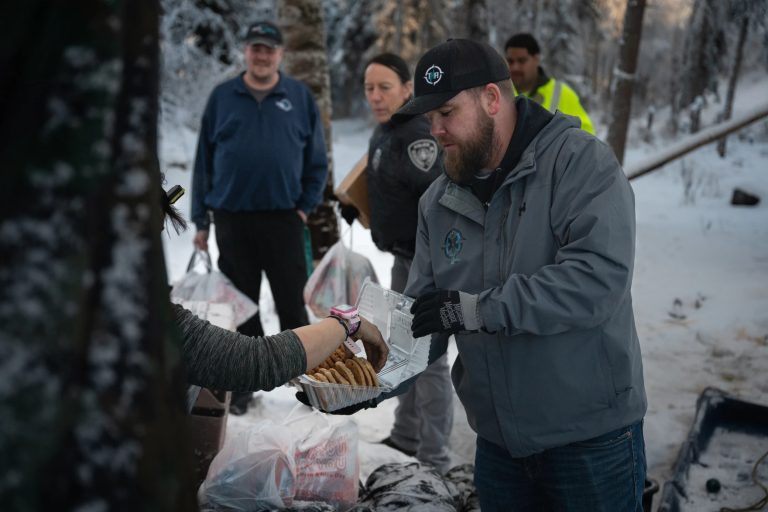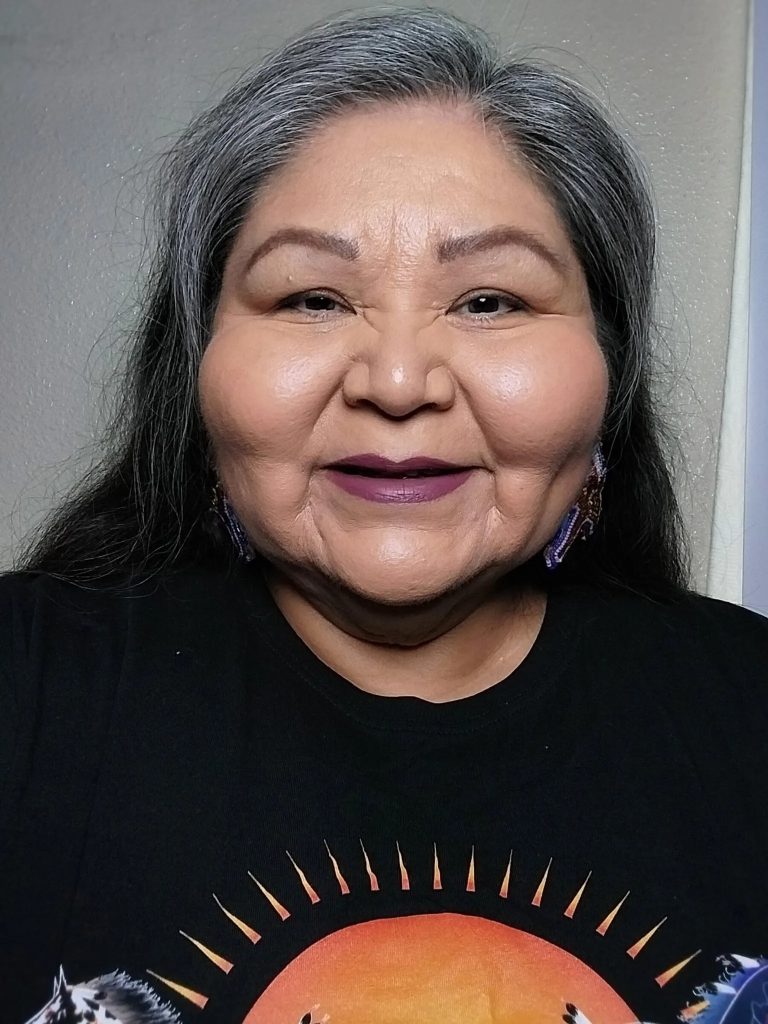Podcast: Play in new window | Download | Embed
The Mescalero Apache Tribe in New Mexico has implemented a state of emergency due to fires on the reservation.
The South Fork Fire and the Salt Fire were reported on the reservation on Monday.
The tribe is working with federal, state, and other agencies on public safety measures.
This week, the tribe says some areas lost power, but work was being done to get the areas restored.
Generators were provided to pump water.
The tribe’s operating evacuation sites on reservation for tribal and non-tribal families.
The tribe is accepting donation of water, snacks, and hygiene items. Monetary donations are also being accepted.
According to the Mescalero Apache Fire Rescue, as of Tuesday night, there was zero containment of the South Fork Fire with more than 15,000 acres burning, and an estimated 8,000 people evacuated.
The Salt Fire was estimated to be more than 5,500 acres as of Tuesday.
The State of New Mexico Tuesday declared a state of emergency in Lincoln County and the Mescalero Apache Reservation due to the wildfires.
The National Guard has been deployed to the area to help.
New details are emerging about the Native Women’s Health Clinic in Rapid City, which has not seen any patients since April 2023.
Those details include why two tribes are pulling their federal shares from the program.
South Dakota Public Broadcasting’s Lee Strubinger reports.
Three West River tribes combine their funding for a Native women’s health program for women who live in Rapid City. That program.
The program is administered by the Oglala Sioux Tribe (OST), with help from shares from Rosebud and Cheyenne River Sioux Tribes, through the Indian Self Determination Act.
In the resolutions obtained by SDPB, both Rosebud and Cheyenne River tribes pulled their shares for two reasons: failure to hire or contract with any providers and letters by a longtime Rapid City OBGYN detailing the “dismal state of affairs” of health care for Native women in Rapid City.
After OST assumed the contract for Native Women’s Healthcare Clinic, when providers left the clinic, positions remained vacant.
When the last provider was gone, Dr. Marvin Buehner — who has worked in Native women’s health care since 1993 — took on part-time contract physician work for the clinic half a day a week. That’s in addition to running his own private practice. He resigned in April 2023.
In a letter to the clinic director, Dr. Buehner said he resigned that part-time work with a heavy heart, not because of financial concerns, but because he believed he was enabling a failed health care facility.
Dr. Buehner, who said his unreimbursed work totals more than $23,000, wrote Native Women’s Health Clinic has lost respect of the medical and patient community.
In January, OST President Frank Star Comes Out said lack of funding for the clinic program makes the issue a “tough deal”, but that the tribe was working to fix it.
Both Rosebud and Cheyenne River tribes are transferring their women’s health shares to the Great Plains Tribal Leaders Health Board, which operates Oyate Health Center on the grounds of the old Sioux San campus in Rapid City.
In a letter to the Great Plains Area Indian Health Service director, Rosebud Sioux Tribal President Scott Herman said the tribe is grateful to the Oglala Sioux Tribe for managing the program, but circumstances have changed.
 The Cherokee Nation is holding a Juneteenth celebration in Tahlequah, Okla.
The Cherokee Nation is holding a Juneteenth celebration in Tahlequah, Okla.
The tribe will declare Juneteenth on the reservation and provide updates on the Cherokee Nation Executive Order on Equality.
The tribe will also recognize the history and inclusion of Cherokee citizens of Freedmen descent.
There are more than 15,000 Cherokee citizens of Freedmen descent.
The tribe livestreamed the celebration.
Get National Native News delivered to your inbox daily and stay up-to-date on the 2024 Native Vote. Sign up for our daily newsletter today.




